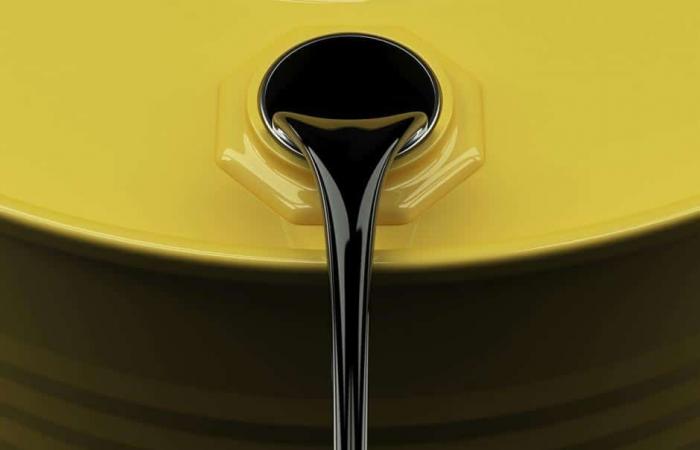Around 10:30 GMT (11:30 CET), the price of a barrel of Brent from the North Sea, for delivery in January, rose 0.75% to $72.63. Its American equivalent, a barrel of West Texas Intermediate (WTI), for delivery in December, gained 0.79%, to $68.86.
The day's increase is linked to a relative reassessment of “the geopolitical data” of a Donald Trump presidency, analysts explain.
The return of Donald Trump, very favorable to fossil fuels, to power in the United States for four years, thwarts efforts to accelerate the reduction of greenhouse gas emissions.
“Nothing yet indicates that the use of fossil fuels has reached its maximum,” declared Professor Pierre Friedlingstein, of the British University of Exeter, on the third day of a COP29 where leaders of rich countries are reluctant to accelerate climate efforts.
For the moment, oil prices remain at relatively low levels, after a drop of almost 5% in two sessions, Friday and Monday, due to a market with excess supply.
OPEC (Organization of the Petroleum Exporting Countries) lowered its oil demand forecasts on Tuesday for the fourth consecutive month, due to downward revisions to demand from China, the world's largest importer of black gold, including the economic slowdown. has been dragging down prices for several months.
Monthly oil demand and production reports from the U.S. Information Administration and the International Energy Agency (IEA) are also due this week.
With AFP






